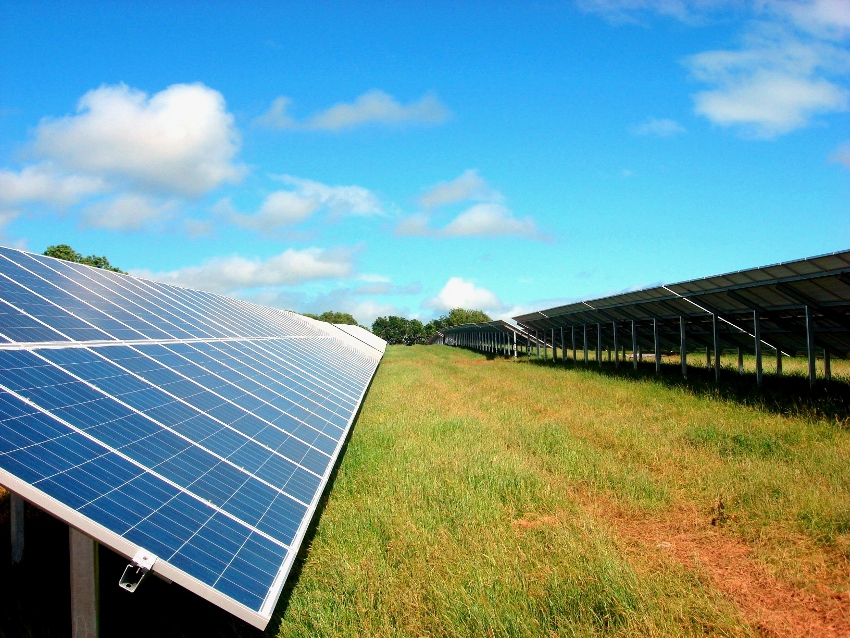
According to new data sourced by CBI Economics, the UK’s net zero economy grew by 9% in 2023, with solar energy developed in deprived areas as a key contributor.
As revealed in a report commissioned by the Energy and Climate Intelligence Unit (ECIU), the total gross value added (GVA) by businesses involved in the net zero economy is now at £74 billion.
The research firm did, however, warn that the future growth of this economy is in jeopardy as the US and EU compete to attract and develop clean industries, especially within the context of smaller growth in the UK economy, which only grew by 0.1% in 2023.
Scotland, Wales and the Midlands were cited as key areas for net zero economy growth, dubbed “net zero hotspots” by the report’s authors.
Notably, some areas with particularly high concentrations of net zero activity are amongst the most deprived in the country; for example, Hartlepool, Nottingham, Redcar and Cleveland are among the top 10% of local authorities for income deprivation in England.
The high concentration of net zero activity mentioned here refers to the significant number of solar projects, either operational or in construction, in these regions.
For example, Nottinghamshire has the 1GW Great North Road solar park from Elements Green currently in consultation, and Hartlepool will see two solar farms, each close to 50MW, developed by Lightsource bp.
Just under two-thirds (65%) of the top 25 net zero hotspots and half of the top 50 net zero hotspots in England and Wales are also classified as critical electoral battlegrounds as the nation heads into a general election.
It is important to note that the report says that jobs within the net-zero economy are more productive and better paid by nearly £10,000 on average than in other economies.
Chief economist at the CBI, Louise Hellem, said: “Businesses continue to face difficult headwinds this year, leading many to pull back on investment plans. Where firms can invest, they want to see greater clarity on a long-term plan for our energy transition – or we risk failure to reach our net zero targets and missing out on sustainable, productivity-led growth.
“In the CBI’s Spring Budget submission, we call on the chancellor to establish a Net Zero Investment Plan – to identify green investment gaps and implement policy aimed at crowding in private finance.”
This article was first posted on our sister site, Current±. You can read the full article here.

